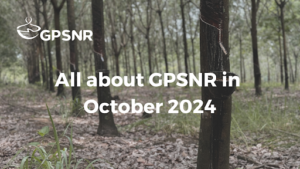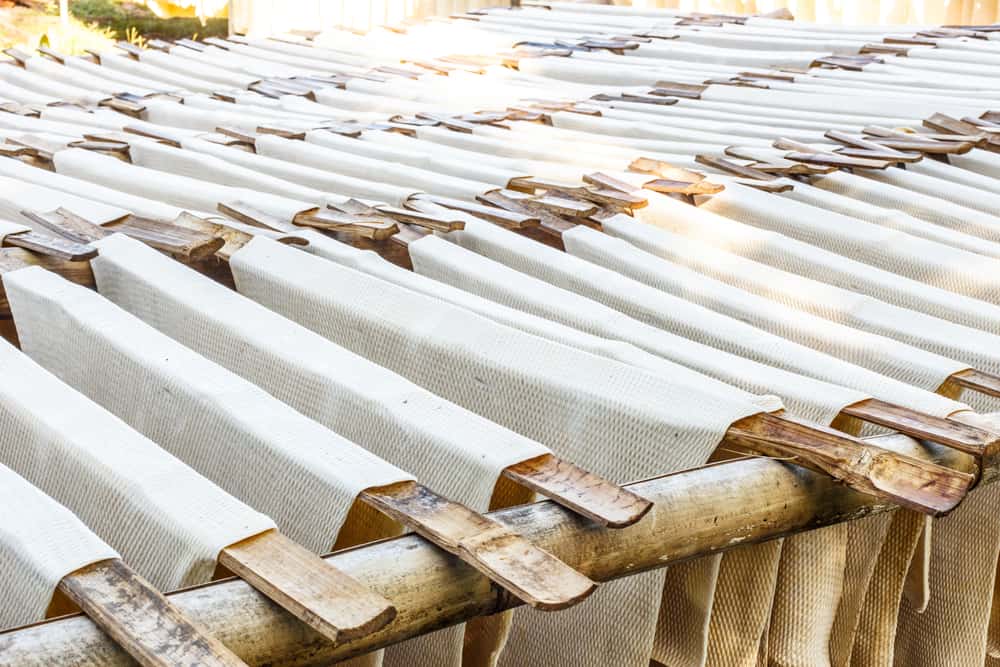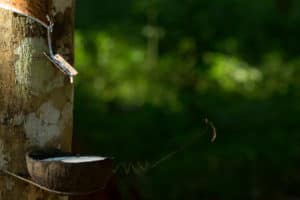
GPSNR Working Groups Update: October 2024
Smallholders Representation and Capacity Building (SCB) Working Group:
The Project Management Subgroup has officially commenced its activities with a kick-off meeting and two preparatory sessions, setting the groundwork for project evaluations. The GPSNR Capacity Building website has been updated with data from projects up to Quarter 3 of 2024, providing members with the latest insights. This month, 10 Cambodian members were approved, with an onboarding call scheduled to welcome them, and the Smallholder pre-GA webinar took place on 18 November 2024 to support engagement ahead of the General Assembly.
The Secretariat continues to support registered smallholders in the lead-up to the General Assembly, with 9 Ivorian, 5 Thai, and 2 Indonesian smallholders currently awaiting membership approval. Ongoing capacity-building projects are being actively monitored and managed, including Phase 3 of the Indonesia GAP Project, where Koltiva is revising its training materials for smallholders based on valuable feedback received.
Shared Responsibility Working Group:
To further the work on the Shared Investment Mechanism, the Project Management subgroup has approved the Project Evaluation Criteria document and will start to evaluate projects to ensure conformance with GPSNR’s requirements for capacity building projects. The subgroup will continue to review project proposals and aims to have all proposals reviewed by mid-February.
On Value Transfer related tasks, the Executive Committee’s value transfer task force met for a first meeting to discuss the next steps, agreeing that the mechanism should reward smallholders who have already put sustainable practices in place. Value transfer task force is developing a series of simple indicators that can showcase improved smallholder performance, and ways that smallholders can support this with evidence. Further discussions will continue in December.





